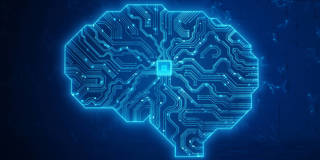MICHAEL R. STRAIN

The rapid development of generative artificial intelligence has led to the pessimistic view that the new technology will undermine democracy and pose an existential threat to humanity. But there is good reason to believe that AI, like all general-purpose technologies before it, will improve human welfare.
WASHINGTON, DC – The rapid advances in artificial intelligence in recent months have unleashed a tidal wave of worries. Will this new technology substantially reduce employment by eliminating the need for most human workers? Will it undermine democracy? Does it pose an existential threat?
Concern about technological change is nothing new. But it typically addresses what economists would describe as marginal effects: whether a larger share of workers without college degrees will find it slightly harder to get jobs, or whether income inequality will increase to some extent. Unease about AI, on the other hand, is of a different order of magnitude, with some experts predicting that it could upend civilization – or even wipe it out.
Tech leaders have argued that certain AI systems “pose profound risks to society and humanity,” a sentiment echoed by leading AI scientists. A recent YouGov poll found that nearly half of respondents are concerned “about the possibility that AI will cause the end of the human race on Earth.” Over two-thirds support a pause on some kinds of AI development.
No comments:
Post a Comment